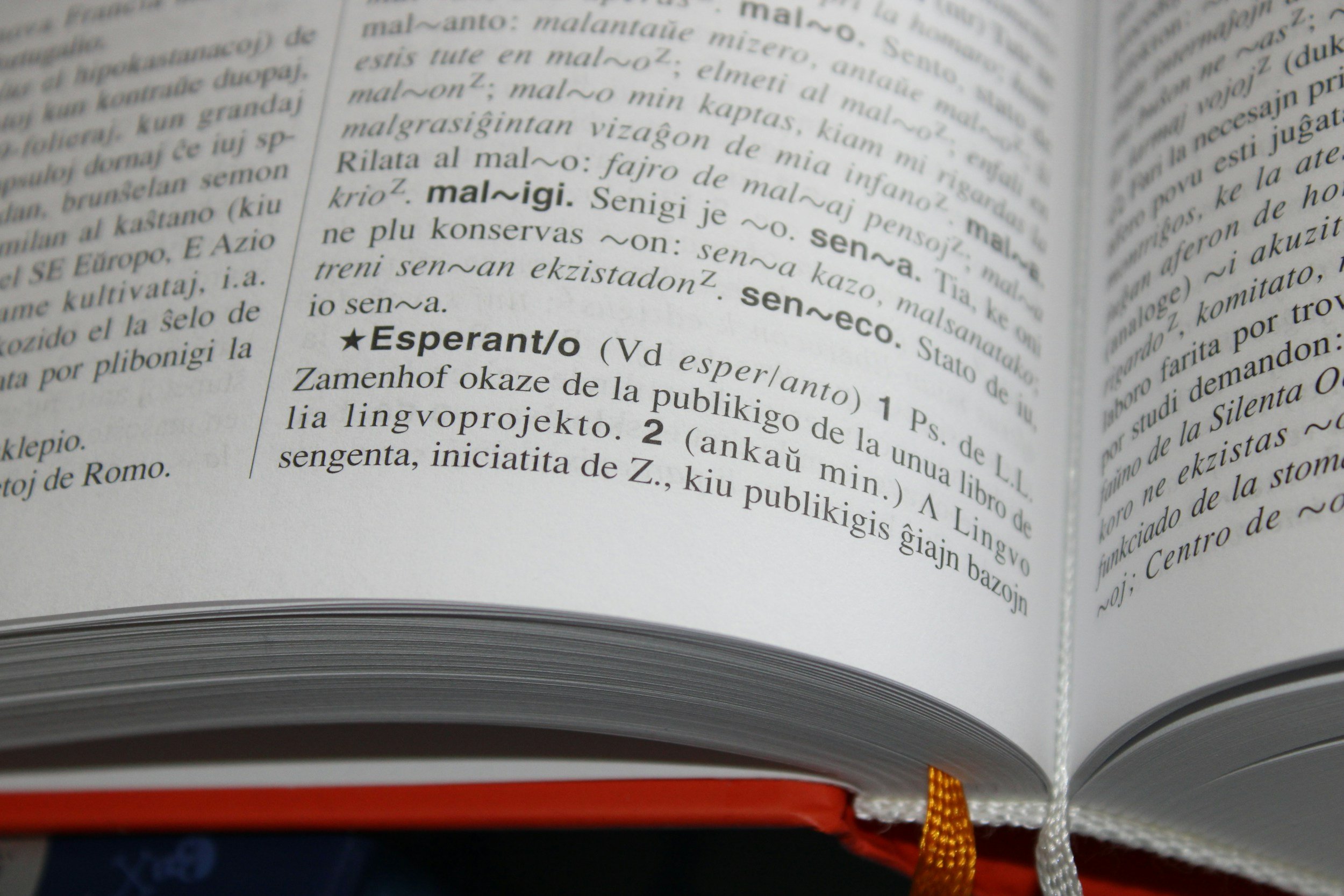
Glossary of Terms
Legal Terms
2013-14 General Synod starts a new legislative process for including women in the Episcopate. After intensive work all parts of this new legislation received final Approval on by Synod on July 14 2014.
The legislation agreed included:
A Measure…
A Measure which opens the diaconate, priesthood and episcopate to all, with no reference to gender (This is the legislation which was then debated and passed by Parliament, and received Royal Assent, so it is part of the law of the land. The Measure does not include any discrimination against women.
The Declaration…
The Declaration of the House of Bishops. This is the document drawn up by the same group drafting the Measure and was designed to provide the security demanded by those opposed in practice to ordained and consecrated women. It sets out how the PCC of a parish can pass a Resolution under this Declaration to request their diocesan to provide oversight from a different bishop, enables a parish to explicitly exclude women from being incumbents or presiding in their church and other related concerns.
Canon Law…
Canon Law is the legal code governing the church of England and includes Canons on who may be ordained. These were also amended to remove discrimination
Five Guiding Principles…
The text of the “Five Guiding Principles” was appended to the preamble of the Declaration as a reminder of what Synod had been trying to achieve in drafting it. They were never directly debated as part of the legislation, although they were accepted in July 2013 as a framework for drafting new legislation.
Mutual Flourishing…
The phrase “mutual flourishing” is part of the fifth principle, but in practice, over the last ten years more weight seems to have ben given to this phrase than the first principle which affirms that
“the Church of England will be fully and unequivocally committed to all orders of ministry being open equally to all, without reference to gender,”
Further explanation of terms
-
Unlike the Measure enabling women to be ordained priest, the Act of Synod is a piece of church legislation drafted by the House of Bishops only, not debated and voted on in dioceses. It was drafted in response from pressure from the Ecclesiastical Committee of Parliament (the committee of MPs and members of the Lords who scrutinise church legislation before it is voted on by the commons and Lords). The House of Bishops led by the Archbishop of York John Habgood, produced a report (‘Bonds of Peace’) which in theory offered pastoral support to those who did not accept women as priests by introducing the idea of bishops consecrated specifically to minster to this constituency (generally the Anglo-Catholic group). The report allowed parishes to vote to opt into the oversight by these bishops (Resolution C). This legislation undermined the decision of General Synod in 1992 that women would be ordained in the same way as men, as well as the relationship between a diocesan bishop and his (sic) clergy and parishes. Synod debated and passed this legislation, having been persuaded that it was a generous and compassionate pastoral action.
It is not in Anglican ecclesiology to be able to choose a bishop but this was what the Act of Synod introduced. (for more detail read “Act of Synod, Act of Folly” ed Monica Furlong). The thinking behind the Act of Synod persists and undermines the ordained ministry of women by making it acceptable to believe that they are not truly priests.
-
who not only refused to have a woman as incumbent or celebrating sacraments – a choice permitted in the 1992 Measure -- but who also want a separate bishop who had not laid hands on a woman as part of her ordination to the priesthood.
The PEVs were known as the Bishops of Ebbsfleet and Richborough (in Canterbury Province) and Beverley (in York province). They were all Anglo-Catholic. After women could become bishops, the Bishop of Maidstone was consecrated as a complementarian and conservative Evangelical bishop. The bishop of Maidstone has now lapsed but the bishop of Ebbsfleet is a conservative Evangelical bishop and the new See of Oswestry was created for another Anglo-Catholic PEV.
-
The role of Independent Reviewer was created as part of the House of Bishops’ Declaration on the Ministry of Bishops and Priests in May 2014. This role is an unpaid ombudsman style role that aims to give reassurance to those who feared that a bishop might try to side-step the Declaration and, for example, impose a woman upon a parish that did not want her ministry. These fears were a long-standing part of the narrative of those opposed to women as bishops.
Because the Declaration was drawn up to “safeguard” those who do not accept women as priests and church leaders, it is not reciprocal. A parish that has passed a resolution saying it does not accept women can complain if they think their views have been ignored or overridden; however, if the grievance is from a member of a parish where the majority value the ministry of women or where an incumbent has been licensed who does not support ordained women, they cannot bring a grievance to the Independent Reviewer. Nor can a parish where a small group have forced through a Resolution against the will of the majority bring a grievance.
For examples of the sort of grievances brought to the Independent Reviewer, see the Annual Report by the Independent Reviewer, and the Reports on specific grievances.
